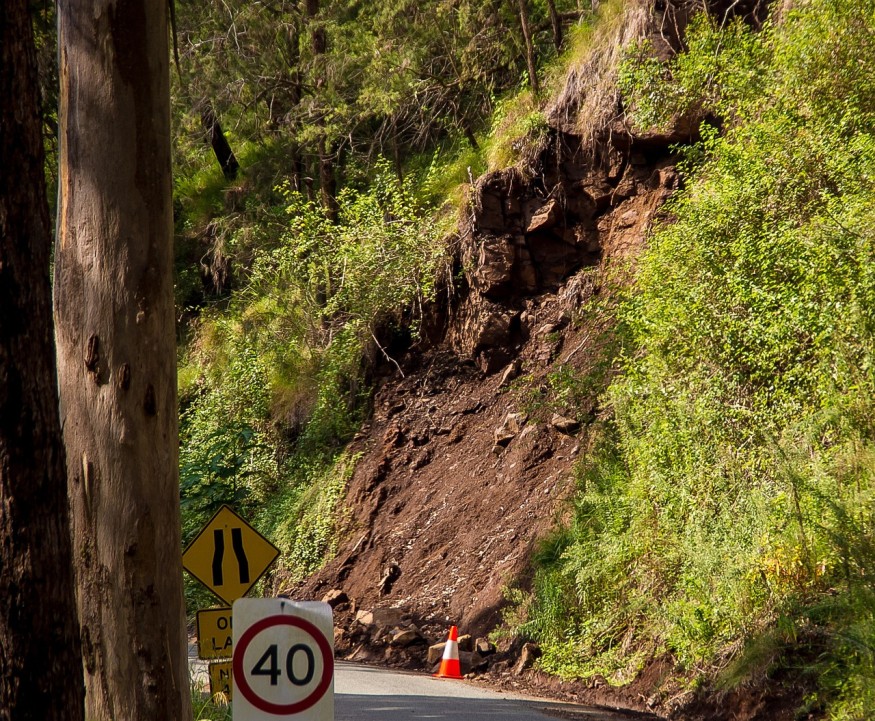Landslides are known to be one of the world's disruptive and life-threatening geological hazards. Mudslides or rockfalls are caused by several factors which can be anthropogenic and natural. With this, scientists have been attempting to predict landslides accurately, mainly where and when they will occur, but to no avail.
Now, a new study led by geologists in the United States has developed a new artificial intelligence technology that can predict landslides. The AI converts several raw factors such as earthquakes, wildfires, heavy rain, and among others into data for analysis. Once complete, the machine can potentially provide accurate information about the next earthquake.
Landslide Prediction

Since seismic and weather recordings started, landslides have been unpredictable, occurring in both populated and remote areas. One of the reasons why rockfalls are deadly is due to their unpredictability, occurring irregularly and even after a long time following an earthquake or rainfall which makes the soil softer. They can also occur during a volcanic eruption, as well as due to human activities like drilling.
In recent years, landslides have been responsible for catastrophic damage and fatalities in different parts of the world. Most deaths involved being pinned down by falling debris of concrete, rock, or soil. Amid these natural disasters, no earthquake incident has been completely predicted in terms of exact location, time, and severity.
AI Predicts Landslides
In the new study published in the journal Communications Earth & Environment on May 10, geologists from the University of California, Los Angeles (UCLA) used AI to improve landslide predictions, particularly where they may occur. The potential success of the new landslide-prediction AI technology can save lives and property in the future.
The UCLA geologists employed a new method to streamline the accuracy and interpretability of techniques based on AI and machine-learning. The researchers state such approach could be valuable in earthquake-prone areas like California, where drought, earthquakes, and wildfires can create the perfect conditions for landslide occurrences, as reported by Phys.org.
In the study, the UCLA authors acknowledge that landslides are difficult to predict since there are many factors that contribute to slope stability. This challenge is seen in old models called deep neural networks or DNNs, used to predict landslides. However, it remains largely inaccurate due to complications between input data and results.
The new research paper seeks to address the issue and potentially increase the success rate of landslide prediction of our time.
World's Deadliest Landslides
A landslide is defined as a moving debris consisting of mass of rock and other particles that make it serious geologic hazard.
The deadliest landslide in Earth's history was connected with the 1980 Mount St. Helens volcanic eruption in the state of Washington, United States. The said landslide had a volume of 2.8 cubic kilometers and traveled for about 22.5 kilometers, according to the United States Geological Survey (USGS).
Another deadly earthquake can be traced in China where a massive earthquake caused 675 major landslides across the country's Gansu Province in December 1920. It reportedly killed more than 200,000 people.
© 2025 NatureWorldNews.com All rights reserved. Do not reproduce without permission.





